Top 10 ERP Systems for Small Businesses in 2025
Top 10 ERP Systems for Small Businesses in 2025 Choosing the right ERP system is one of the smartest moves a small business can make in 2025. With daily operations becoming more complex—managing sales, inventory, HR, accounts, and customer relationships—using different tools can slow you down and create confusion. That’s where ERP software comes in. An ERP (Enterprise Resource Planning) system helps you bring everything into one place. It saves time, improves accuracy, and gives you full control over your business. And the good news? Today’s ERP solutions are not just for big companies anymore. Many are now designed specifically for small businesses—with simple dashboards, flexible pricing, and features that grow with you. Softhealer Technologies is one of the top choices in this space, offering powerful and easy-to-use ERP solutions tailored for SMEs. But there are other strong options too. In this blog, we’ll take you through the top 10 ERP systems for small businesses in 2025—covering key features, pros, and what makes each one stand out. Whether you’re just starting or scaling up, this guide will help you choose the best ERP software for your needs. What is an ERP System? An ERP system, or Enterprise Resource Planning software, is a tool that helps businesses manage their daily operations in one place. Instead of using separate apps for accounting, sales, inventory, HR, and customer service, an ERP system combines everything into a single platform. This means you can: Track sales and customer data in real-time Manage your inventory and stock levels Handle payroll and employee details Create financial reports with just a few clicks Make smarter decisions based on accurate data For small businesses, this is a game-changer. It saves time, reduces manual work, and helps you stay organized. More importantly, it supports growth—whether you’re running a retail store, a service-based company, or a manufacturing unit. In 2025, many ERP systems are cloud-based, mobile-friendly, and designed specifically for small business needs. That makes them more affordable and easier to use than ever before. In the next section, we’ll look at the key features you should look for when choosing the best ERP system for your small business. Key Features to Look for in an ERP System for Small Businesses in 2025 Not all ERP systems are created equal. As a small business owner, you need a solution that fits your operations, budget, and growth goals. Here are the most important features to look for when choosing the best ERP software in 2025: 1. User-Friendly Interface The system should be simple to use, even for non-technical staff. A clean dashboard, easy navigation, and minimal training should be enough to get started. 2. Modular Design Choose ERP software that lets you start small and add more features later—such as CRM, HRM, inventory, or accounting modules. 3. Cloud-Based Access Cloud ERP systems allow you to work from anywhere. Your data stays safe and updated in real time without needing expensive hardware. 4. Mobile Compatibility A good ERP system in 2025 should work smoothly on mobile devices. This keeps your team connected and productive on the go. 5. Integration Capabilities Look for ERP tools that can connect with your other apps—like payment gateways, e-commerce platforms, and marketing tools. 6. Scalability Your business will grow. Make sure the ERP can grow with you—handling more users, more data, and more processes. 7. Customizable Reports & Dashboards You’ll want to track sales, profits, and performance. A good ERP system offers clear, customizable reports for better decision-making. 8. Data Security Security is crucial. The ERP should include features like role-based access, data encryption, and regular backups. 9. Affordable Pricing Small businesses need powerful tools at a reasonable cost. Make sure the pricing fits your budget and offers value for money. 10. Reliable Support Choose a vendor that offers great customer support—via email, phone, or chat. Fast help can save you a lot of downtime. Top 10 ERP Systems for Small Businesses in 2025 1. Softhealer ERP Best for: Customizable ERP for growing small businesses Softhealer ERP is a highly flexible, all-in-one solution tailored specifically for small and medium enterprises. It offers a modular design that lets businesses select the modules they need, such as inventory management, CRM, POS, HR, accounting, and more. The user-friendly interface and affordable pricing make it an ideal choice for businesses that need a comprehensive yet easy-to-use ERP solution. Softhealer also offers excellent customer support and a customization option to fit your unique business processes. Explore more at Softhealer Technologies 2. Odoo Best for: Open-source ERP flexibility Odoo is a powerful, open-source ERP platform known for its flexibility. With a wide range of integrated apps, Odoo lets businesses customize thei
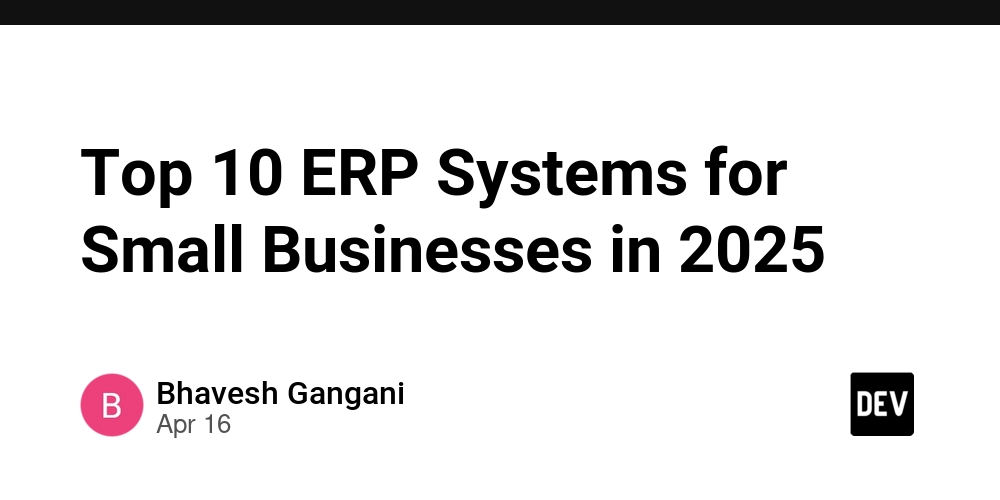
Top 10 ERP Systems for Small Businesses in 2025
Choosing the right ERP system is one of the smartest moves a small business can make in 2025. With daily operations becoming more complex—managing sales, inventory, HR, accounts, and customer relationships—using different tools can slow you down and create confusion.
That’s where ERP software comes in.
An ERP (Enterprise Resource Planning) system helps you bring everything into one place. It saves time, improves accuracy, and gives you full control over your business. And the good news? Today’s ERP solutions are not just for big companies anymore. Many are now designed specifically for small businesses—with simple dashboards, flexible pricing, and features that grow with you.
Softhealer Technologies is one of the top choices in this space, offering powerful and easy-to-use ERP solutions tailored for SMEs. But there are other strong options too.
In this blog, we’ll take you through the top 10 ERP systems for small businesses in 2025—covering key features, pros, and what makes each one stand out. Whether you’re just starting or scaling up, this guide will help you choose the best ERP software for your needs.
What is an ERP System?
An ERP system, or Enterprise Resource Planning software, is a tool that helps businesses manage their daily operations in one place. Instead of using separate apps for accounting, sales, inventory, HR, and customer service, an ERP system combines everything into a single platform.
This means you can:
- Track sales and customer data in real-time
- Manage your inventory and stock levels
- Handle payroll and employee details
- Create financial reports with just a few clicks
- Make smarter decisions based on accurate data
For small businesses, this is a game-changer. It saves time, reduces manual work, and helps you stay organized. More importantly, it supports growth—whether you’re running a retail store, a service-based company, or a manufacturing unit.
In 2025, many ERP systems are cloud-based, mobile-friendly, and designed specifically for small business needs. That makes them more affordable and easier to use than ever before.
In the next section, we’ll look at the key features you should look for when choosing the best ERP system for your small business.
Key Features to Look for in an ERP System for Small Businesses in 2025
Not all ERP systems are created equal. As a small business owner, you need a solution that fits your operations, budget, and growth goals. Here are the most important features to look for when choosing the best ERP software in 2025:
1. User-Friendly Interface
The system should be simple to use, even for non-technical staff. A clean dashboard, easy navigation, and minimal training should be enough to get started.
2. Modular Design
Choose ERP software that lets you start small and add more features later—such as CRM, HRM, inventory, or accounting modules.
3. Cloud-Based Access
Cloud ERP systems allow you to work from anywhere. Your data stays safe and updated in real time without needing expensive hardware.
4. Mobile Compatibility
A good ERP system in 2025 should work smoothly on mobile devices. This keeps your team connected and productive on the go.
5. Integration Capabilities
Look for ERP tools that can connect with your other apps—like payment gateways, e-commerce platforms, and marketing tools.
6. Scalability
Your business will grow. Make sure the ERP can grow with you—handling more users, more data, and more processes.
7. Customizable Reports & Dashboards
You’ll want to track sales, profits, and performance. A good ERP system offers clear, customizable reports for better decision-making.
8. Data Security
Security is crucial. The ERP should include features like role-based access, data encryption, and regular backups.
9. Affordable Pricing
Small businesses need powerful tools at a reasonable cost. Make sure the pricing fits your budget and offers value for money.
10. Reliable Support
Choose a vendor that offers great customer support—via email, phone, or chat. Fast help can save you a lot of downtime.
Top 10 ERP Systems for Small Businesses in 2025
1. Softhealer ERP
Best for: Customizable ERP for growing small businesses
Softhealer ERP is a highly flexible, all-in-one solution tailored specifically for small and medium enterprises. It offers a modular design that lets businesses select the modules they need, such as inventory management, CRM, POS, HR, accounting, and more.
The user-friendly interface and affordable pricing make it an ideal choice for businesses that need a comprehensive yet easy-to-use ERP solution.
Softhealer also offers excellent customer support and a customization option to fit your unique business processes.
Explore more at Softhealer Technologies
2. Odoo
Best for: Open-source ERP flexibility
Odoo is a powerful, open-source ERP platform known for its flexibility. With a wide range of integrated apps, Odoo lets businesses customize their ERP to meet specific needs, whether for CRM, accounting, inventory, or human resources.
As an open-source platform, it benefits from a large user community and strong developer support. Odoo is scalable, meaning businesses can add or remove modules as they grow. Its cloud-based and on-premise options make it versatile for a wide range of users.
3. NetSuite (by Oracle)
Best for: Fast-scaling startups and small enterprises
NetSuite is one of the leading ERP systems in the market, offering advanced reporting, real-time analytics, and powerful automation. It is cloud-based and designed to grow with your business, making it a great fit for fast-scaling small enterprises.
NetSuite offers modules for accounting, CRM, financial management, and inventory. Its robust features make it suitable for businesses that need more complex functionalities while still being relatively easy to implement.
4. Zoho ERP
Best for: Businesses already using Zoho apps
Zoho ERP is an integrated cloud-based solution that brings together tools like CRM, finance, HR, and inventory management. Ideal for small businesses already using Zoho applications, it provides a seamless experience and enhances the functionality of Zoho’s ecosystem.
Zoho ERP is known for its affordability, user-friendly interface, and smart automation features. It’s a great option for businesses looking for an easy-to-use yet robust ERP system that can integrate with other tools.
5. ERPNext
Best for: Open-source enthusiasts
ERPNext is a highly customizable, open-source ERP solution that can be tailored to various industries, including retail, manufacturing, and services. It provides all-in-one features for managing accounting, inventory, HR, CRM, and more.
Its clean interface and simple setup make it user-friendly, while its open-source nature allows for extensive customization.
ERPNext also boasts a strong community of developers and users who provide support and continuously improve the system.
6. Microsoft Dynamics 365 Business Central
Best for: Businesses using Microsoft ecosystem
Microsoft Dynamics 365 Business Central is a cloud-based ERP system that integrates seamlessly with other Microsoft products such as Office 365, Excel, and Teams. It offers modules for financial management, project management, supply chain, and CRM.
Dynamics 365 Business Central is designed to improve productivity, reduce costs, and help small businesses make data-driven decisions. It’s an excellent choice for organizations already embedded in the Microsoft ecosystem.
7. SAP Business One
Best for: Small businesses needing advanced features
SAP Business One offers a comprehensive set of features, including finance, inventory management, CRM, and reporting. It's designed specifically for small businesses but can scale as your company grows.
SAP Business One provides real-time business insights and allows for seamless integration with various applications.
It’s a great option for small businesses that need advanced ERP features while still maintaining a focus on simplicity and ease of use.
8. QuickBooks Enterprise
Best for: Finance-heavy small businesses
QuickBooks Enterprise is a popular choice for small businesses focused on financial management. It offers advanced accounting features along with inventory tracking, sales order management, and payroll.
QuickBooks Enterprise is particularly suitable for businesses in industries like retail or manufacturing, where inventory management is crucial.
With its deep financial reporting capabilities and ease of use, QuickBooks Enterprise is an ideal option for small businesses looking to streamline accounting and financial processes.
9. TallyPrime
Best for: Indian small businesses
TallyPrime is a highly popular ERP solution in India, known for its simplicity, affordability, and strong accounting features. It is GST-compliant, making it perfect for small businesses in India that need to manage tax calculations and filings.
In addition to accounting, TallyPrime helps manage inventory, billing, and payroll. Its easy-to-use interface makes it a great option for businesses looking for an affordable ERP system with basic but essential features.
10. Dolibarr ERP & CRM
Best for: Simplicity and low-cost ERP
Dolibarr is an open-source ERP and CRM solution designed for small businesses, freelancers, and non-profits. It’s an ideal choice for companies looking for an easy-to-install, low-cost ERP system that covers basic needs such as billing, CRM, inventory management, and more.
Its straightforward interface and affordable nature make it suitable for businesses that don’t need complex ERP functionalities but still want an all-in-one solution.
How to Choose the Right ERP System for Your Small Business
Choosing the right ERP system is crucial for the success and efficiency of your small business. With so many options available, it can be overwhelming.
However, breaking down the decision-making process into clear, actionable steps can make it easier. Here are key factors to consider when selecting an ERP solution:
1. Understand Your Business Needs
Start by identifying the key functions your business requires from an ERP system. Are you looking for financial management, inventory control, or CRM? Some businesses need all-in-one systems, while others might only need a few specific modules.
By understanding your needs, you can avoid choosing an overly complex ERP system that won’t be fully utilized or one that lacks essential features.
2. Budget Considerations
ERP systems can vary significantly in price, from affordable open-source solutions to premium systems with advanced features. It's important to determine how much you can realistically spend on an ERP system.
While some free or low-cost solutions like ERPNext and Dolibarr might work well for startups, larger businesses may require more robust systems like NetSuite or Microsoft Dynamics
365.
3. Scalability
As your business grows, so will your ERP needs. Choose an ERP system that can scale with your company. This means the system should allow you to easily add new users, modules, and features as you expand.
Systems like Odoo and SAP Business One are known for their scalability, while others like TallyPrime and QuickBooks are better suited for smaller operations.
4. Ease of Use
An ERP system should be easy to navigate for your team. A steep learning curve can lead to reduced productivity during the implementation phase and beyond.
Look for ERP systems with user-friendly interfaces and good training resources. Systems like Zoho ERP and Softhealer ERP are known for their intuitive dashboards and ease of use.
5. Integration Capabilities
The best ERP systems integrate seamlessly with other software you are already using, such as accounting tools, marketing software, or e-commerce platforms.
Microsoft Dynamics 365 and Odoo are great examples of ERP systems that provide robust integration options, which can help streamline workflows across your entire business.
6. Customer Support and Community
Having strong customer support is essential for ensuring that any issues or challenges are addressed promptly.
Consider whether the ERP provider offers support via multiple channels (chat, email, phone), and if there are active user communities for troubleshooting. ERP systems like Odoo and ERPNext offer a strong community base where users help each other.
7. Cloud-Based vs. On-Premise
Cloud-based ERPs are generally more affordable and easier to maintain than on-premise systems. However, some businesses prefer on-premise solutions for security or compliance reasons.
NetSuite and Microsoft Dynamics 365 are cloud-based options, while systems like TallyPrime offer on-premise installations.
8. Vendor Reputation and Reviews
Take the time to research vendor reviews and case studies. Customer testimonials, reviews on third-party websites, and user ratings can give you insights into how well the system performs in real-world business environments.
For example, NetSuite and SAP Business One have established reputations for reliability and strong customer feedback.
9. Training and Implementation Support
Implementing an ERP system requires proper training and guidance. Some ERP vendors provide extensive onboarding and training materials, while others might require additional consulting support.
Make sure the ERP vendor you choose offers training that aligns with your team's needs.
10. Trial and Demo
Most ERP vendors offer free trials or live demos of their systems. Taking advantage of these offers allows you to test out the system firsthand and see how well it fits your business needs.
It’s also a great opportunity to see if the user interface is intuitive and if the system integrates well with your existing software tools.
By considering these factors, you’ll be better equipped to choose the right ERP system for your small business. Remember, the perfect ERP is one that aligns with your business goals, budget, and growth potential.
Conclusion
In 2025, small businesses face a rapidly evolving market where efficiency, accuracy, and scalability are more critical than ever. Implementing an ERP system is one of the most effective ways to streamline operations, reduce costs, and drive business growth. By choosing the right ERP solution, businesses can integrate various functions, like finance, inventory, and customer relationship management, into a single, cohesive platform.
The top ERP systems for small businesses offer a wide range of features that cater to different needs. From cloud-based solutions like Odoo and Softhealer ERP to more specialized systems like SAP Business One and Microsoft Dynamics 365, there’s a system out there for every business type and size. The key to success lies in understanding your unique business requirements, budget, and future goals.
By carefully considering factors like ease of use, scalability, and support options, small businesses can make an informed decision that enhances their operational efficiency and positions them for long-term success. Ultimately, the right ERP system can empower your business to overcome challenges, improve decision-making, and foster growth in today’s competitive landscape.
As you explore your options, remember that an ERP system is not just an investment in software—it’s an investment in the future of your business.






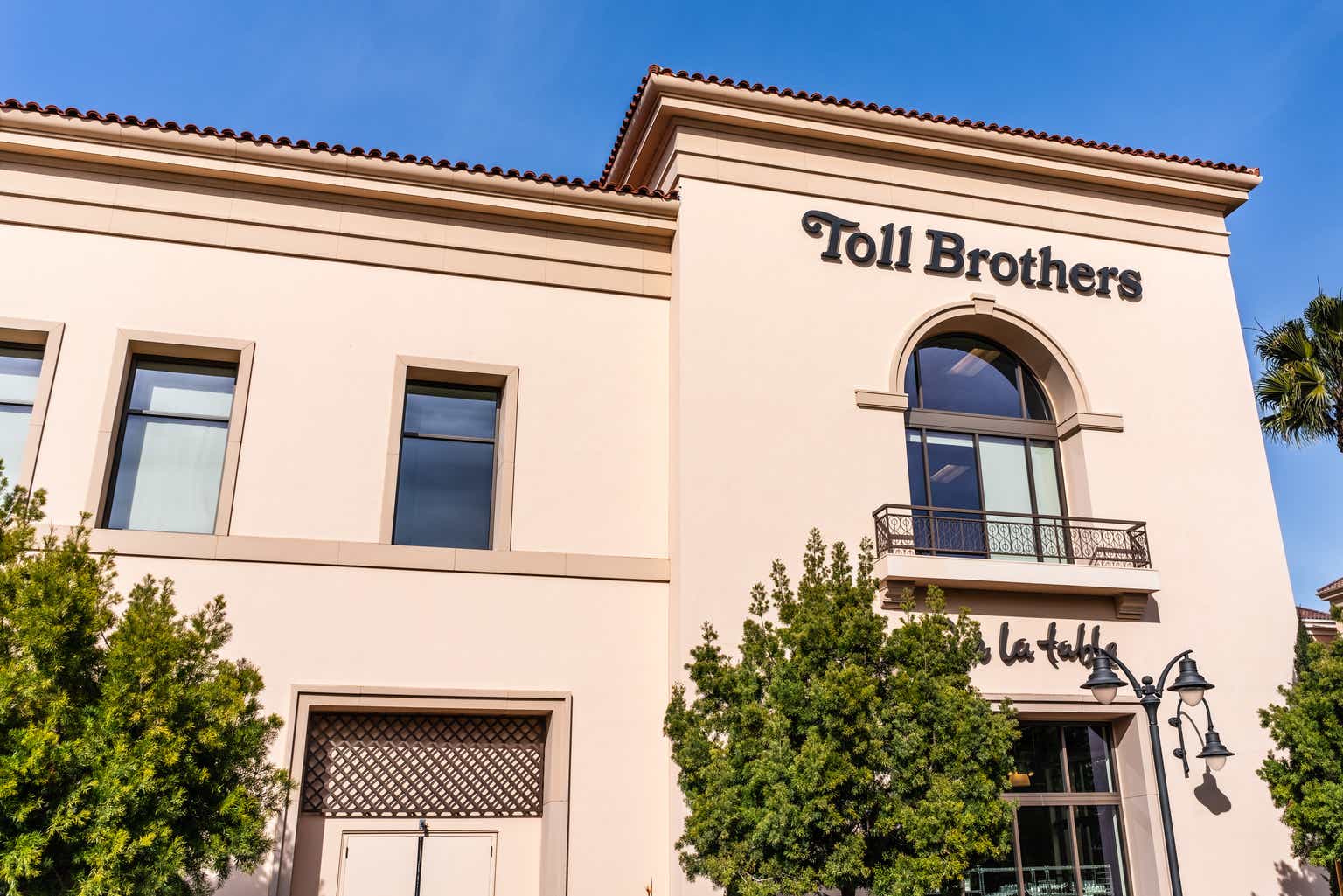





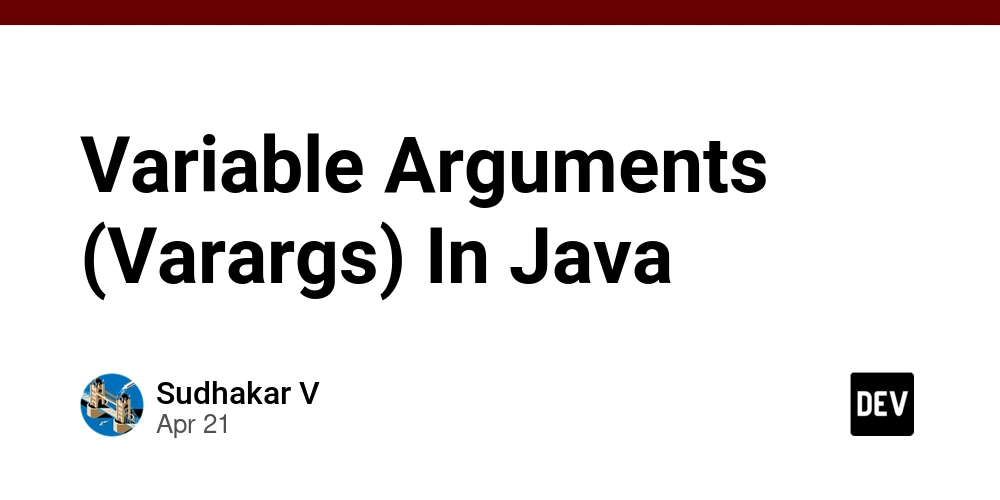

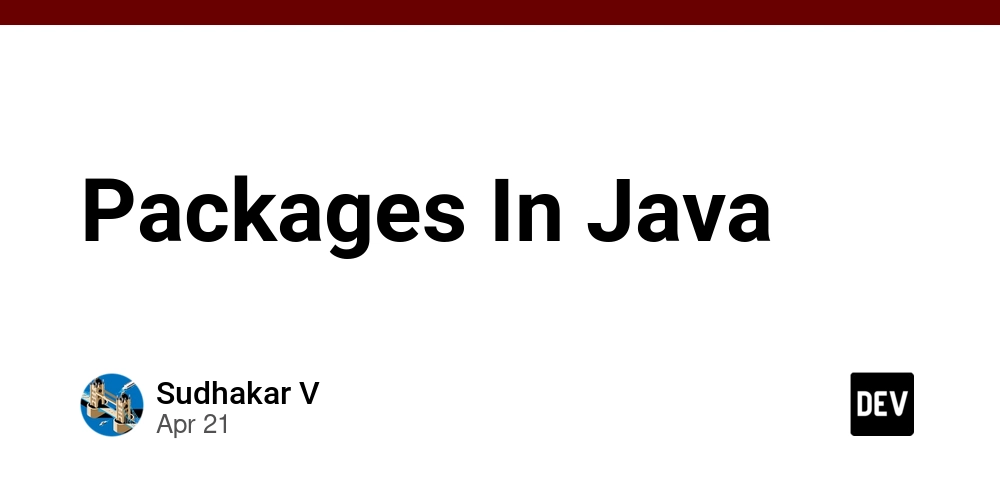

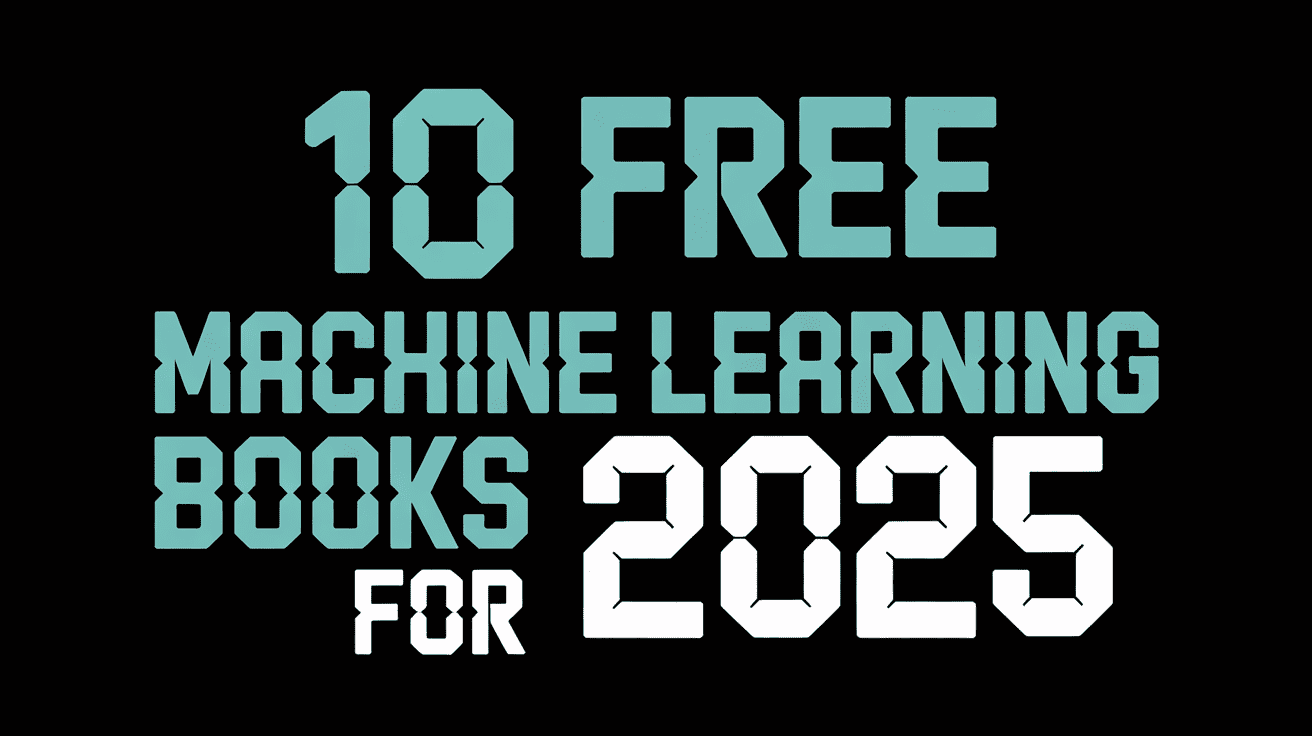













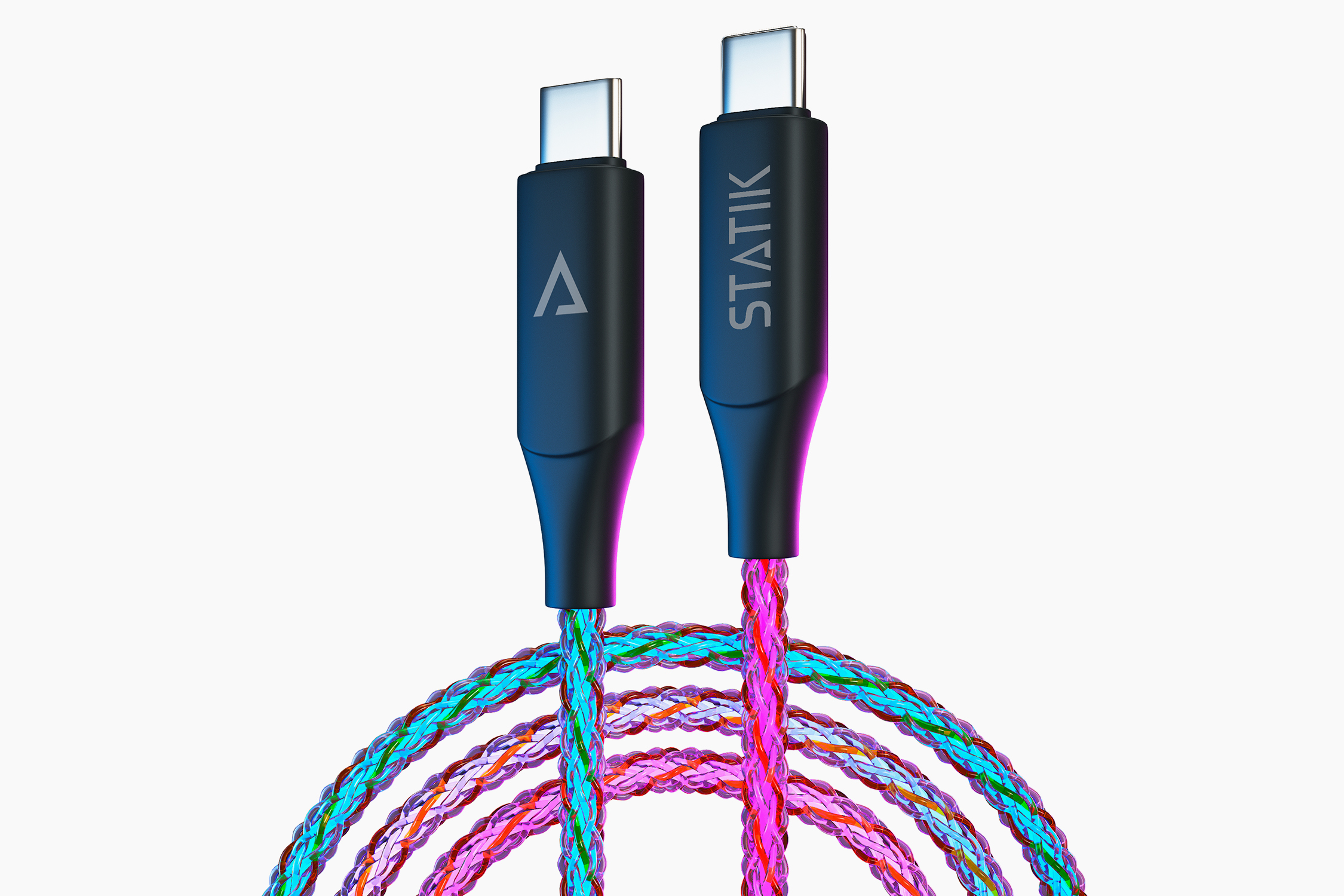





/https://tf-cmsv2-smithsonianmag-media.s3.amazonaws.com/filer_public/5d/76/5d76dc0a-1d19-402e-9d40-f2dc84932838/smithmag-deepsealifenorway-v2_web.jpg?#)

































